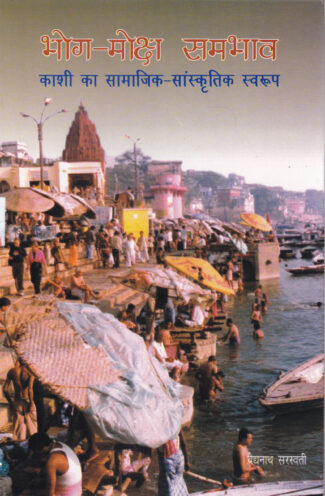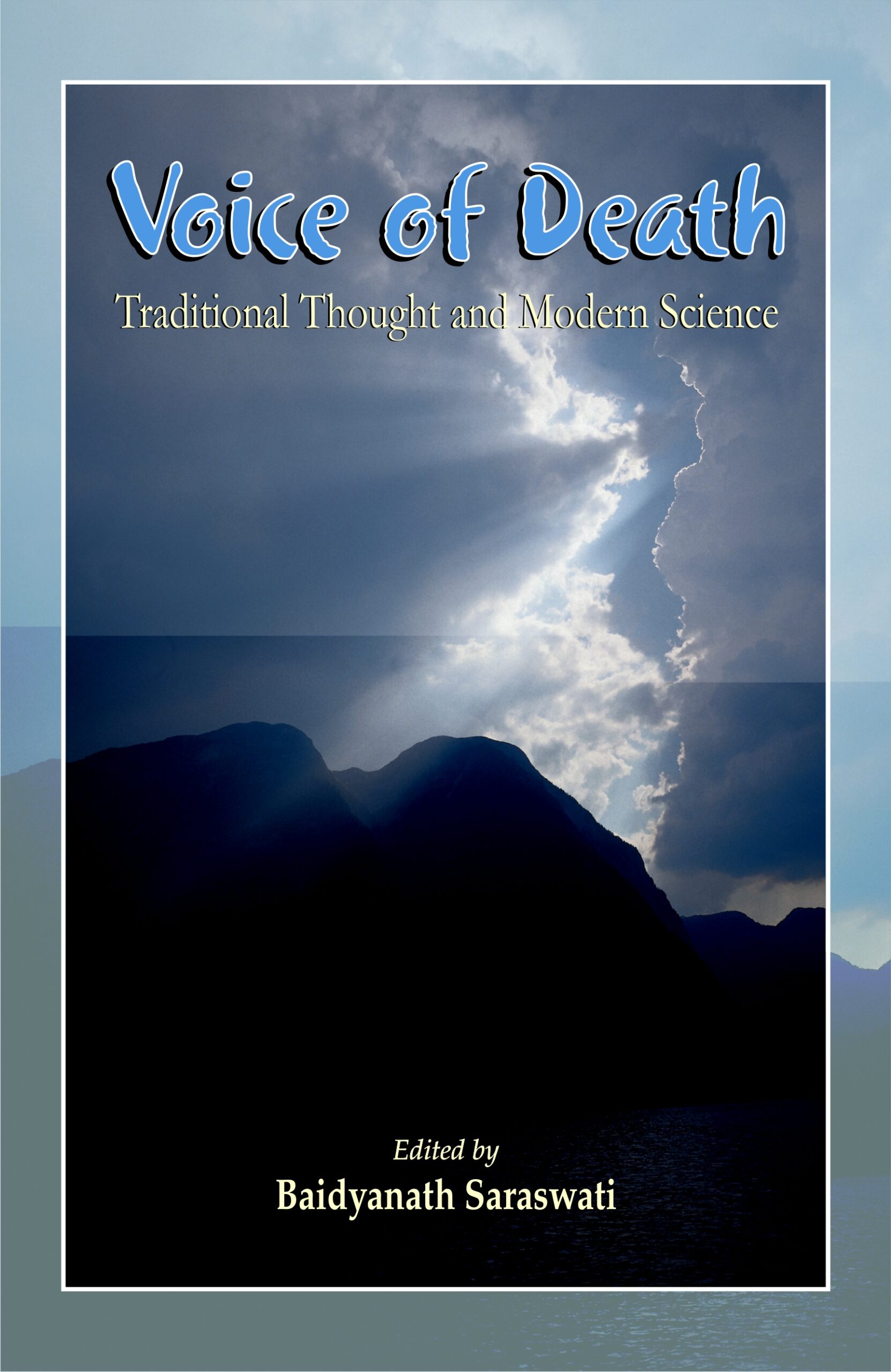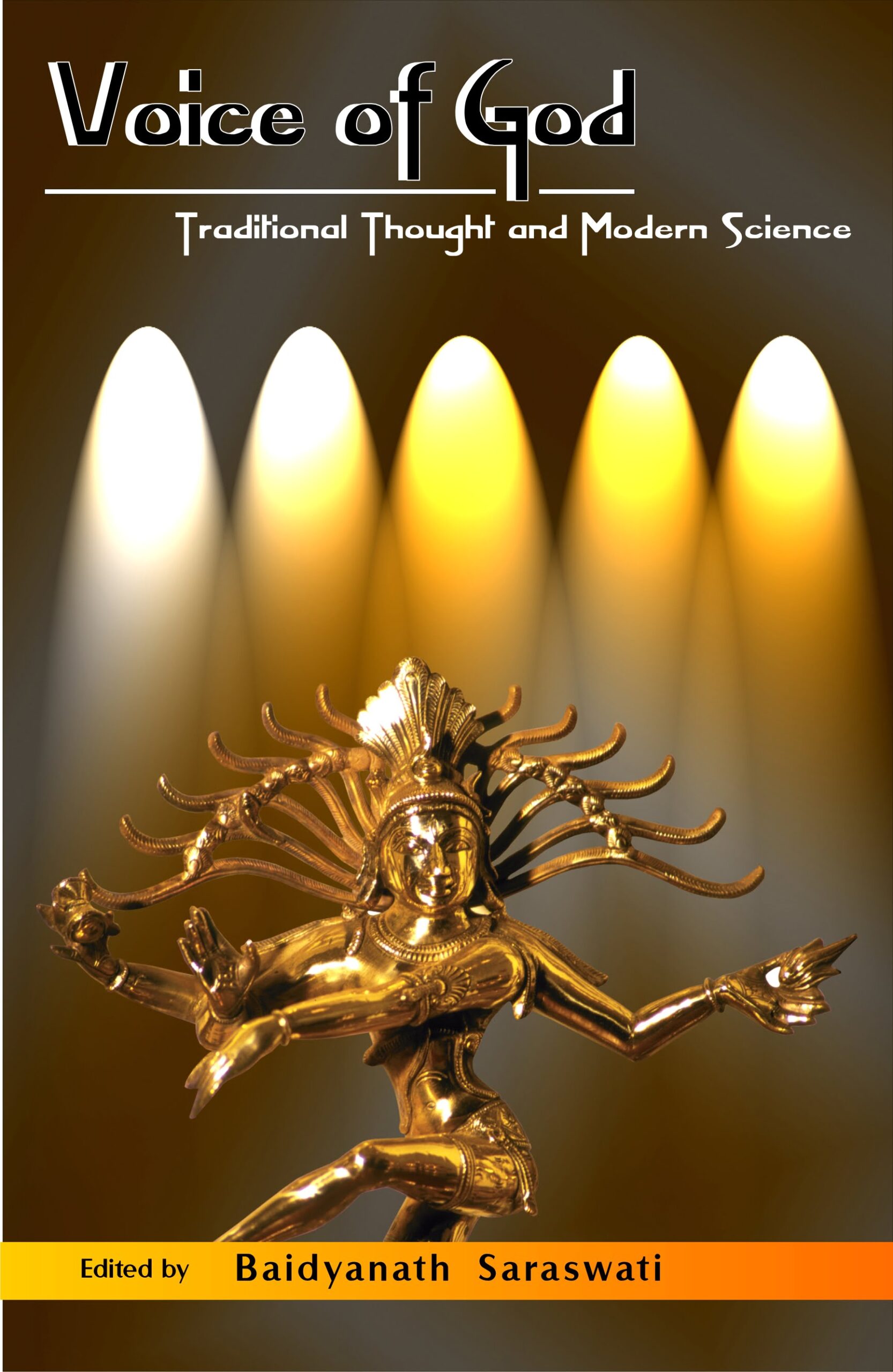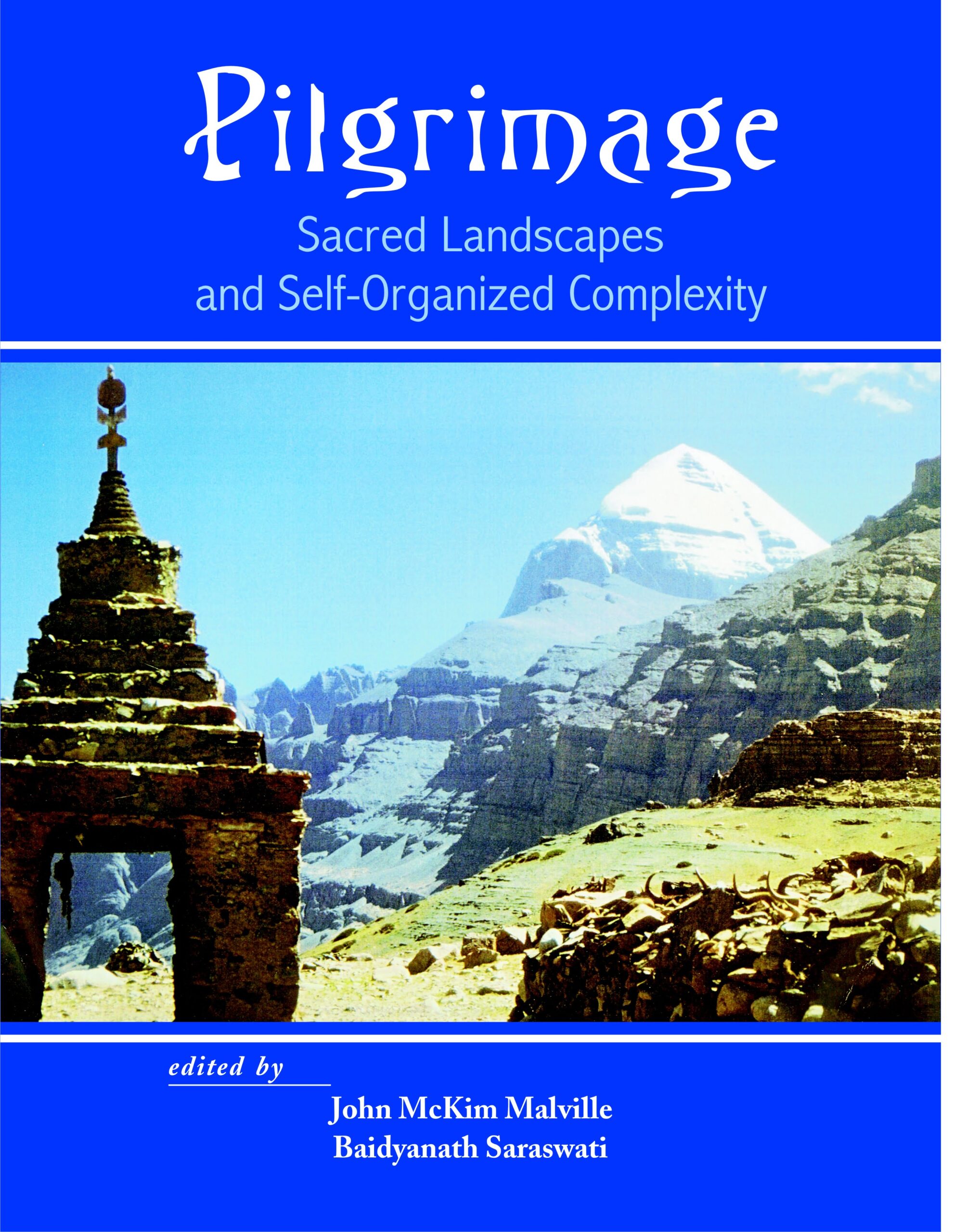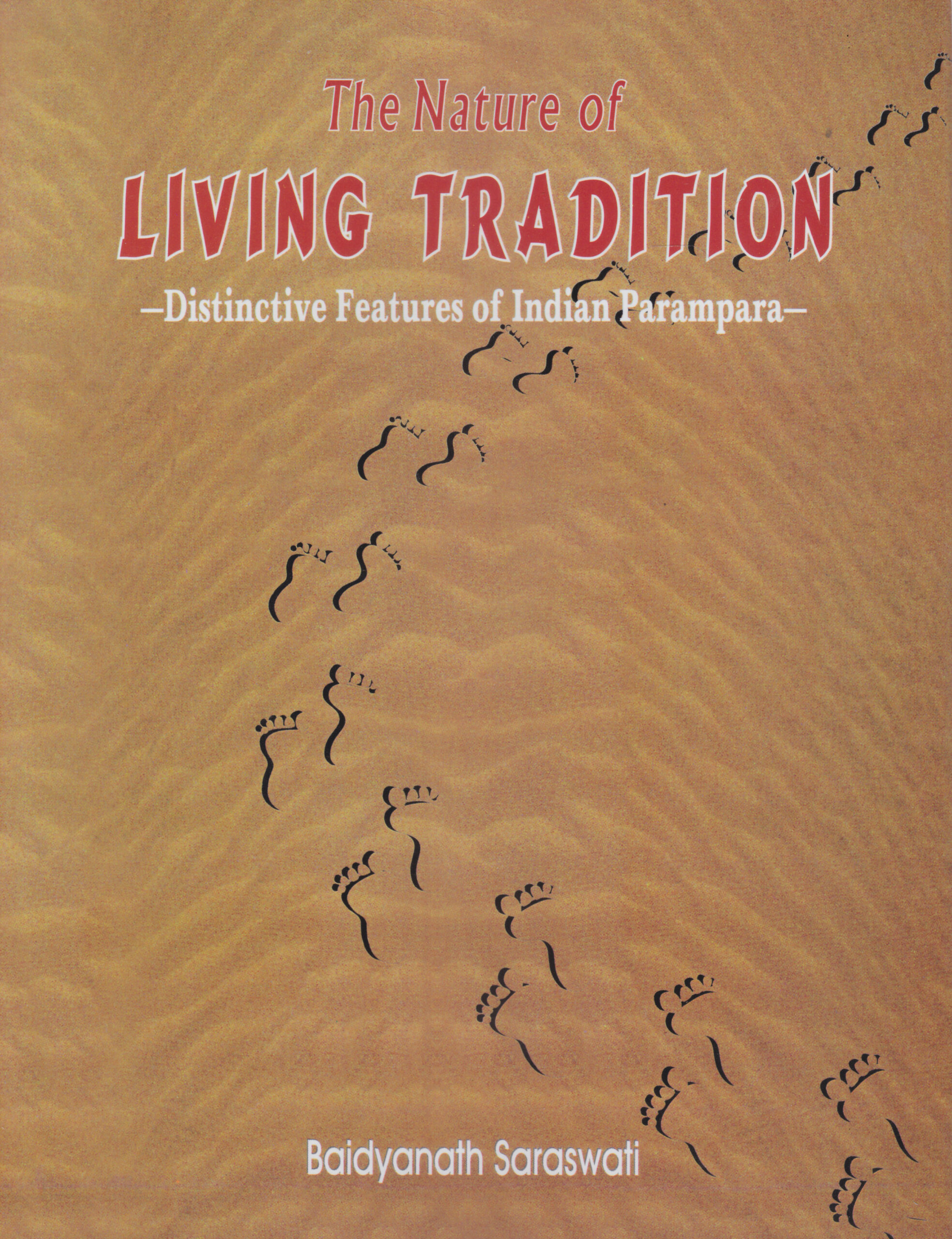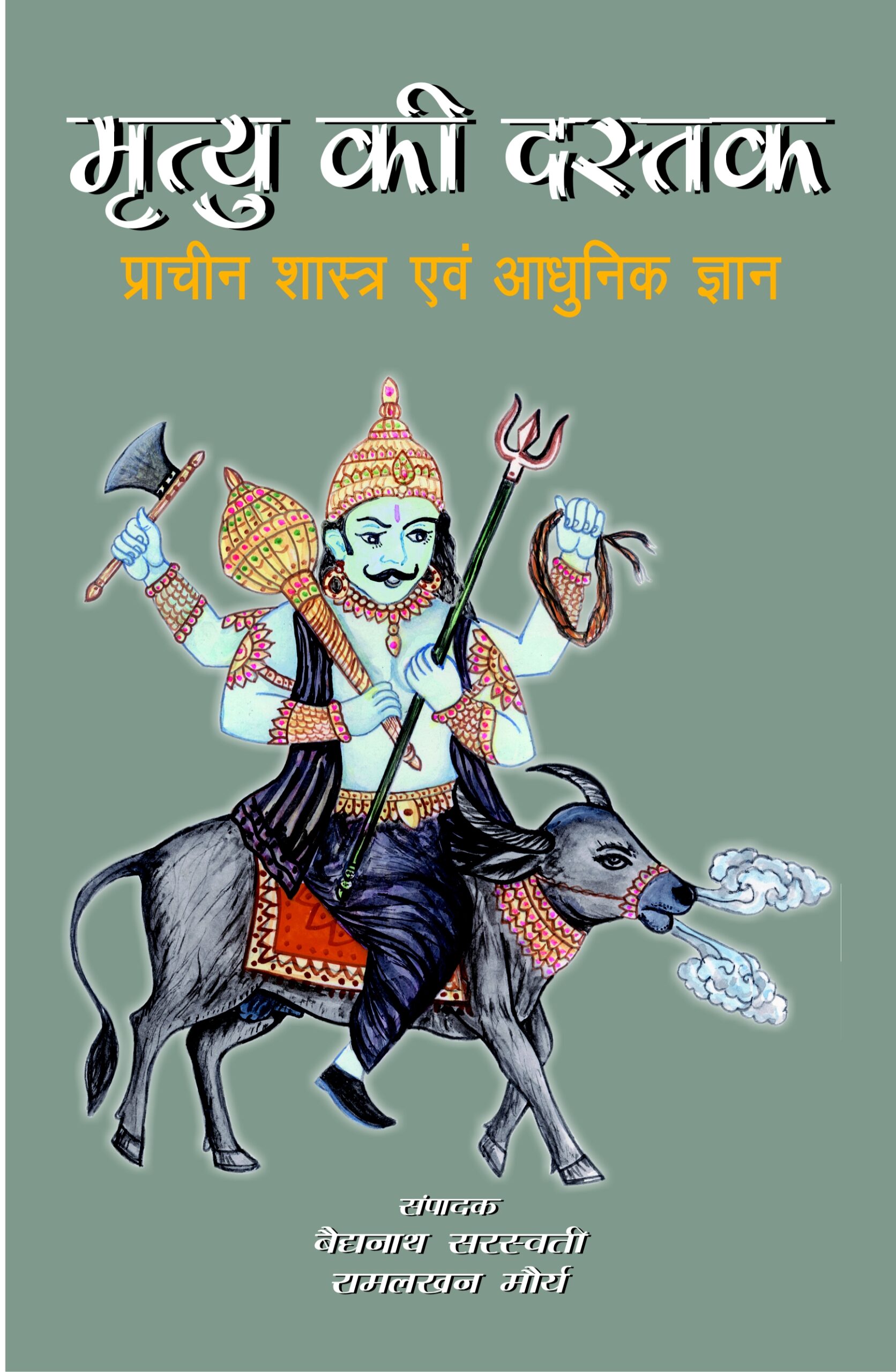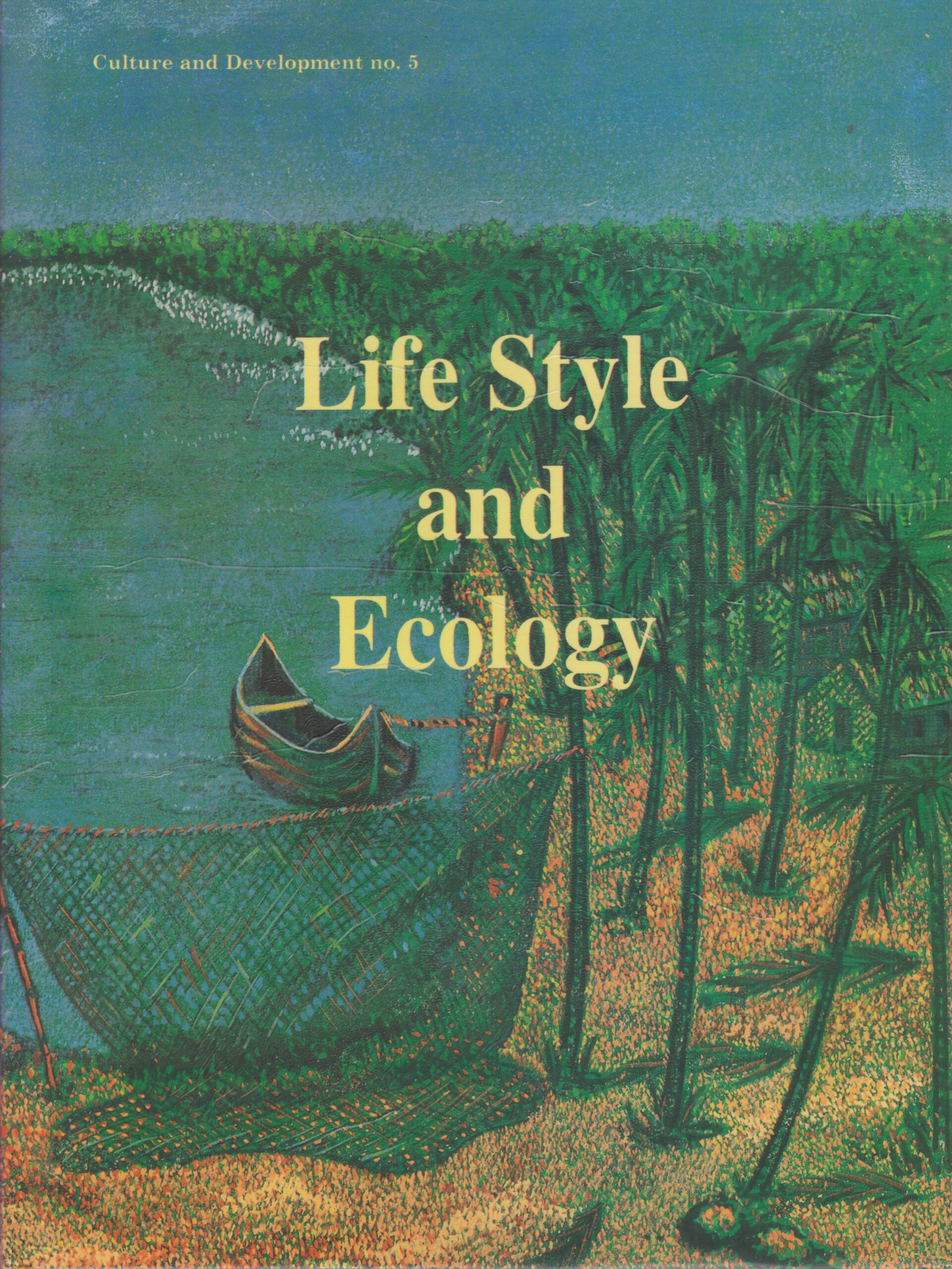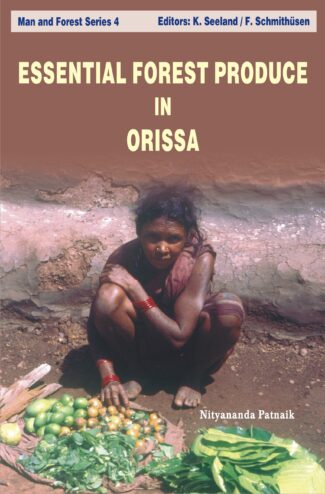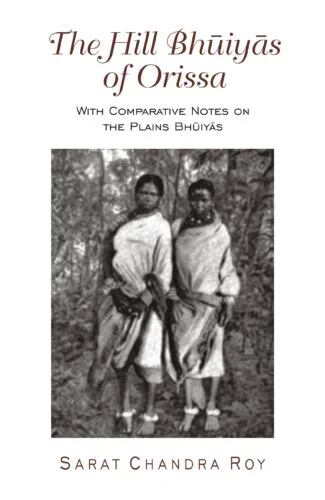

Bhog-Moksha Sambhava...
Bhog-Moksha Sambhava
Kashi Ka Samajika-Samskritika Svarupa by: Baidyanath SaraswatiThis book contains 57 essays on the history of Kashi. They highlight the important religions, sects, factions of Kashi and their involvement in cultural traditions social and economic.
₹850.00 Original price was: ₹850.00.₹765.00Current price is: ₹765.00.
ISBN: 9788124601518
Year Of Publication: 2000
Edition: 1st
Pages : xiii, 362
Language : Hindi
Binding : Hardcover
Publisher: D.K. Printworld Pvt. Ltd.
Size: 23 cm.
Weight: 700
This book contains 57 essays on the history of Kashi. They highlight the important religions, sects, factions of Kashi and their involvement in cultural traditions social and economic.
- Sale!Gender, Space and Resistance: Women and Theatre in India by: Anita Singh, Tarun Tapas Mukherjee,
₹1,800.00Original price was: ₹1,800.00.₹1,620.00Current price is: ₹1,620.00.This book explores the presence and contribution of women to the recorded history of Indian theatre. It provides a platform to raise, discuss and debate issues, aesthetics and techniques connected with the Indian theatre in the backdrop of political, social and moral values of women in theatre. An attempt to fill up the vacuum of scholarly literature on the role of women in theatre, this book expects to create enough academic value and interest. Its content unearths the dynamics of gender in the history of theatre. It extensively deals with the theoretical and practical aspects of women’s theatre.
This anthology also addresses the various social issues associated with gender inequality through essays, play-texts and interviews. In a similar vein, it delves deep into the relationship among theatre, public/private sphere and gender. This work purports to address a variety of needs of feminist researchers and laymen who are not conversant with the contribution of women to theatre and its obvious political and transformative intent.
This collection also intends to see how the theatrical space could unsettle the gendered binaries regulating women’s presence in public space, and proposes to see why and how relevant feminist politics is in re-imagining a vibrant and inclusive concept of gender fairness and justice in contemporary India. It extends high referral value for researchers, students and even laymen with interest in the role of women in theatre. - Sale!Empowerment and Disempowerment of the Olds by: L. Thara Bhai
₹600.00Original price was: ₹600.00.₹540.00Current price is: ₹540.00.The book emphasises on a deeper understanding of ageing in the society of today, viewing it as a precarious process, both at the individual and at the societal level. It takes into consideration the position of the aged within the family and in the society, and the changes that have come about over the last few decades. Effects of globalization, break-up of the joint-family system, and the growing materialism and commercialization of society make the elderly viewed only from the ßeconomicû perspective.
The book examines certain theories on gerontology, pointing out that the workable theories should focus more on application so that the aged can benefit from such theories. It analyses the literature on the old: how different scholars and specialists have viewed ageing and its different aspects like the impact of genetic influences and the environment on ageing. Based on a field study, involving elderly from all castes and religious groups both in urban and rural areas, it delves deep into the need for empowerment of the aged. It argues that religion, community and the institutional stay have a direct correlation with the empowerment and disempowerment process, which has more impact on the upper than the lower castes. It undertakes case studies and comes up with interesting and significant observation. Personal income is considered the main source of empowerment. It significantly views institutional care of the old in the context of empowerment and disempowerment, analysing factors that force the old to choose to live in the old-age homes.
The volume is a meticulous research work that will prove extremely relevant to scholars and students as a sociological study on ageing and the elderly especially in the Indian context. - Sale!Essential Forest Produce in Orissa by: Nityananda Patnaik
₹450.00Original price was: ₹450.00.₹405.00Current price is: ₹405.00.This volume is the 4th in the ongoing Man and Forest series a series trying to highlight the relevance of indigenous knowledge of various tribal communities in the sustainable management of forests and local resources more specially against the growing challenges of economic development vis-à-vis environmental hazards and a declining resource base. Orissas forests, covering a little over 57,000 sq km (or 36.72% of the states geographical area), are known to have a profusion of minor forest produce (MFP) which has been upgraded due to its importance for tribal livelihood and is called Essential Forest Produce (EFP) through the book. It comprises simple fodder and fuelwood to baffling medicinal herbs, besides numerous economically important plants yielding dyes, tannin, fibres, flosses, essential oils, edible fruits, seeds, leaves, honey among many other items. Yet, despite its enormous economic potential, about three-fourths of this forest wealth has so far been unutilized by the tribal communities largely because of its inaccessibility. With a holistic product profile of Orissas forests, an eminent anthropologist here looks for the rationale behind the vastly deficient utilization of its EFP identifying the entire range of causes: from the tribals incapacity to reach this forest resource to their exploitation by middlemen/traders/moneylenders to the larger forest policy issues. Dr Patnaik also proposes measures which would help tribals not only to actualize the inherent potential of EFP but, in turn, strengthen their economy as well. It is a painstaking empirical study of interest to social anthropologists, environmental activists, foresters, development economists, forest resource economists planners and policy-makers.
- Sale!Hill Bhuiyas of Orissa by: Sarat Chandra Roy
₹650.00Original price was: ₹650.00.₹585.00Current price is: ₹585.00.Bhuiyas, numbering around two million, are the aboriginal tribes of Central Hill Belt of India. These primitive Pauri or Hill Bhuiyas of Keonjhar, Bonai and Pal Lehera states, and the Hinduized Bhuiyas of Himgir and Nagra of Gangpur State of Orissa in British India are the subject of this study, delineating their various stages of cultural development over a period of time.
These Bhuiyas are comparatively more primitive in their customs and manners than the other sections of the tribe. But their contacts with the Hindu society and its culture have to a minimal extent modified their primitive culture. With the advent of cultural growth, some sections of these Bhuiyas have given up their honorific titles and adopted some Hinduized titles, to elevate themselves in the social hierarchy.
This book, a gold mine of socio-anthropological studies, offers much-needed details about the Pauri Bhuiyas affinities and population, habitat, physical and mental characteristics, economic life, social and kinship organizations, and customs of birth, childhood, puberty, marriage, inheritance and death. This volume also delves deep into their folklore, religious faith, superstitions and magic practices. It further discusses certain points of agreement and difference in the customs and beliefs of the Hill Bhuiyas and some other Munda-speaking tribes of the Central Hill Belt. - Sale!Ethnobotany of The Kondh, Poraja, Gadaba and Bonda of the Koraput Region of Odisha, India by: F. Merlin Franco, D. Narasimhan,
₹1,250.00Original price was: ₹1,250.00.₹1,125.00Current price is: ₹1,125.00.Understanding the ecological knowledge of tribal and rural societies is necessary to conserve and sustain natural resources. This volume discusses the history and importance of ethnobotany with specific reference to four tribal communities of Odisha, India. It begins with an account of the nature of the tribes involved in the study. Based on participatory fieldwork, it presents an insider’s account of the tribal culture and its relationship with plants. It provides the ethnobotanical descriptions of 210 species of plants belonging to 77 families, presenting their local names, origin and the medicinal, cultural, culinary, economic, ecological uses of the species. It takes up study of the plants used by tribes in the drug-based and spiritual healing processes elaborating the philosophies behind knowledge transmission such as divination, hereditary, discipleship and kinship. Related aspects such as disease diagnosis, diet restrictions and rituals are depicted in detail. There is a special chapter on forests and non-timber forest products (NTFPs) that details the efforts of communities in forest conservation, their land-use patterns, forest classification systems, list of NTFPs and their harvest-consumption patterns. It also deals with the role of NGOs, middlemen and government agencies in this. Throughout, the emphasis is on the philosophical relationship of the communities with their ecosystem.
The book would prove extremely useful to policy-makers, academicians, social workers and general readers looking forward to accompany the tribal communities towards ethno-sensitive development.


